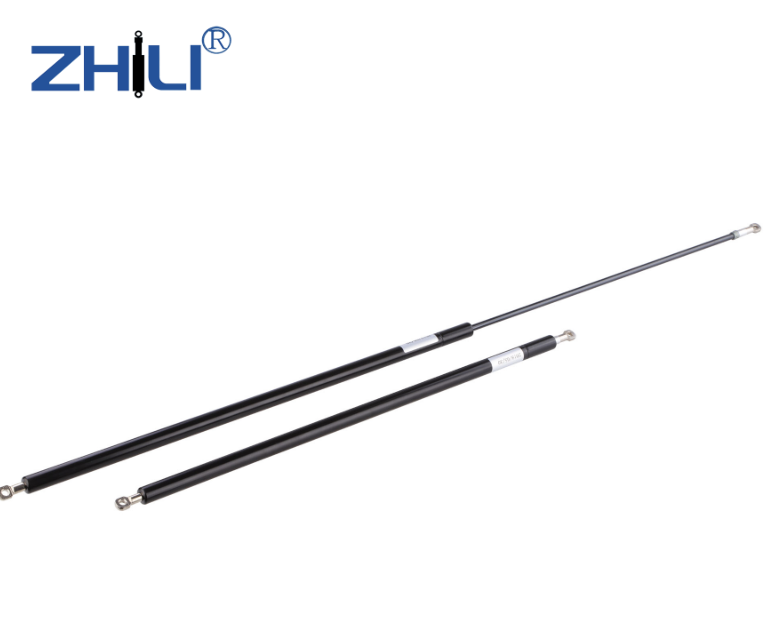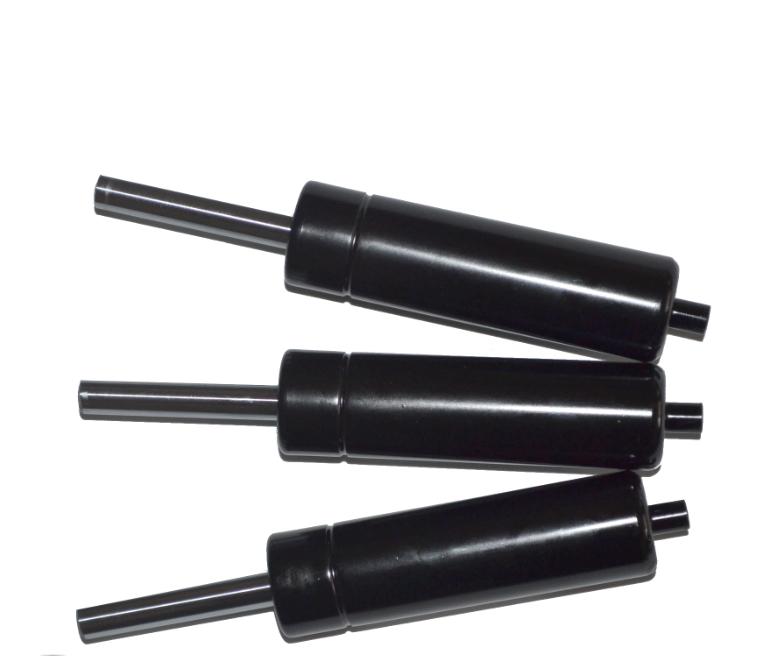If you are interested in our products ,please contact our team
Due to their capacity to offer regulated motion and support weights, gas lift springs—also known as gas lift supports or gas lift struts—are widely employed in a variety of industries and applications. These springs provide lifting, supporting, and holding motions by utilizing the force produced by compressed gas.
Gas lift springs have their own set of advantages and limitations, just like any other mechanical component. We shall examine the benefits and drawbacks of gas lift springs in this post.

Gas lift springs offer smooth, controlled action that enables accurate placement and secure load handling. The gas compression mechanism produces regulated motion without jerks or unexpected movements by providing predictable and constant force.
Gas lift springs are useful for a variety of load requirements and applications due to their ability to be built to give a wide range of forces, strokes, and damping choices. Its adaptability enables modification to particular needs, assuring the best performance and security.
Gas lift springs feature a compact shape that makes them simple to integrate into a variety of systems, which helps to save space and enhance aesthetics. They are perfect for applications with limited space constraints since they can be employed in confined locations where other mechanical systems would not be practical.
Gas lift springs lessen the strain and effort necessary to raise or support loads, improving ergonomics and lowering the risk of injury to operators or users. They can improve productivity and lessen worker weariness by simplifying and streamlining tasks.
Gas lift springs typically have a long service life and require little maintenance, which lowers the total cost of ownership. Without sacrificing performance, they are made to survive challenging environments like those found in automotive or industrial applications.
Gas lift springs may behave differently depending on how sensitive they are to temperature fluctuations. The gas may expand or contract as a result of extreme temperatures, changing the force or length of the stroke. In situations where temperature changes are significant, this can be something to take into account.
Gas lift springs may become less effective with time and have a limited lifetime. The force or stroke length may gradually diminish as a result of gas inside the cylinder leaking out or dissipating. To restore its functionality, the gas lift spring may need to be replaced or recharged.
Depending on its construction and gas pressure, gas lift springs are intended to deliver a particular force. The gas lift spring may fail or become damaged early as a result of overloading or using more force than is necessary. To prevent overloading, adequate installation, and careful load capacity consideration are crucial.
If a gas lift spring's compressed gas is released improperly, it could be dangerous. To safely release the gas without endangering people or property, it is necessary to have the right tools and follow the right protocols. This needs to be considered when maintaining or changing the gas lift springs.
Due to the usage of compressed gas and the intricacy of their design, gas lift springs can be somewhat more expensive when compared to other types of springs. In applications where cost-conscious decisions need to be made, gas lift springs may have a higher initial cost than alternative solutions.

Gas lift springs have several benefits, including regulated motion, adjustable force, compact construction, less strain, and low maintenance requirements.
For gas lifter springs and more details, get in touch with us.